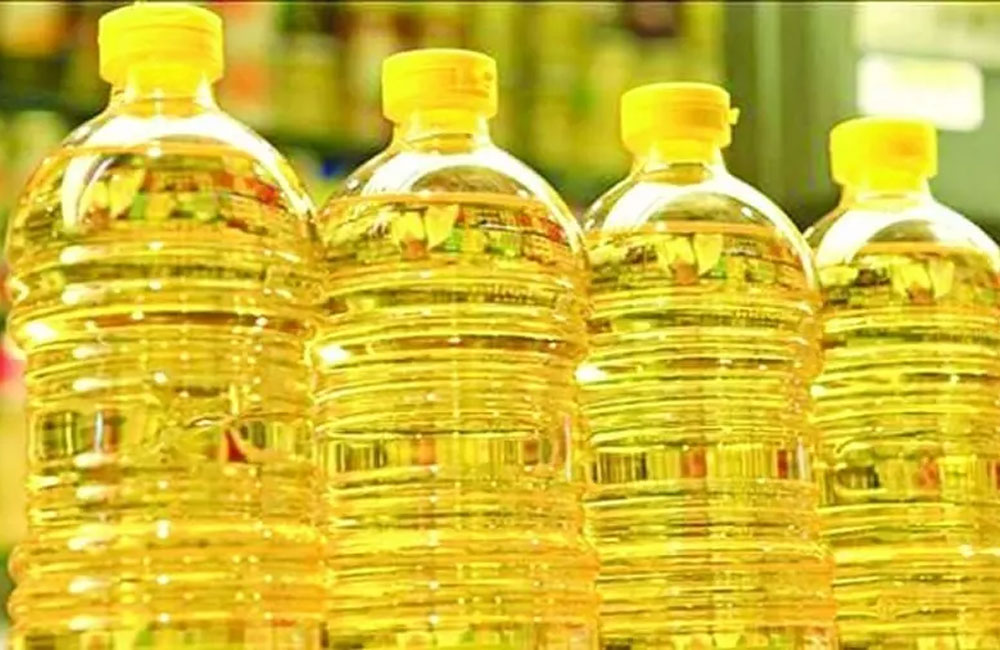Palm oil import ban by cash strapped government issuing a gazette notification on April 06 along with guidelines without any clarity is leaving the local industry and importers in distress due to delay in implementing guidelines.
The lack of clarity in the new regulations and the delay in implementing the license scheme allowing importers continue palm oil imports has affected refiners, processors, manufacturers, marketers and sellers of palm oil and other products containing oil palm.
Small scale manufactures for local and export markets have been affected badly as the banks are refusing to open LCs for all importers to bring down palm oil due to the delay in implementation of the license scheme industrialists complained.
All bakeries, biscuit manufacturers, and confectioneries in the country will have to be closed down and more than 100,000 people will face the danger of losing their jobs.
Palm oil is used by Sri Lankans in almost every aspect of life; from toothpaste to shampoo to soap to lipstick to confectionary – palm oil is an integral component. It is in 50 percent of all consumer products and vital for industrial applications, they pointed out.
BOI companies who are allowed to import palm oil without any restrictions have also being affected due to lack of clarity in regulations industry sources said adding that the companies engaged in producing palm oil based products, bakery fat and vanaspati ghee for the Indian market are also hit by the ban
Publicly traded Hemas Holdings used palm oil to make soaps and shampoos. Ceylon Cold Stores used palm oil in iced confectionary.Other firms that were hit included Unilever, Maliban, Ceylon Biscuits and Prima.
Sri Lanka produces around 8 percent of its annual palm oil requirement and imports the remaining 92 percent, estimated at 200,000 tonnes from Indonesia and Malaysia.
The Finance Ministry has issued gazette notification on April 06 under the signature of Prime Minister Mahinda Rajapaksa introducing a licensing system to safeguard the industry easing the restrictions by allowing the importation of palm oil and its fractions which are not chemically modified subject to special license regulations, the Finance Ministry indicated in its gazette notification.
According to industry sources the formal local manufacturing industry is worth Rs. 85 billion and with the SMEs, the sector’s value is around Rs. 95 to Rs. 100 billion.
Separately, Sri Lanka exports are valued at USD 150-200 million (between Rs. 30 and Rs. 40 billion). He pointed out that baseless vilification of the local palm oil industry had resulted in the country producing just 23,000 tonnes of palm oil per annum and the import of a staggering 220,000 tonnes of crude palm oil into the country each year, at a cost of approximately Rs. 22 billion.

Leave your comments
Login to post a comment
Post comment as a guest